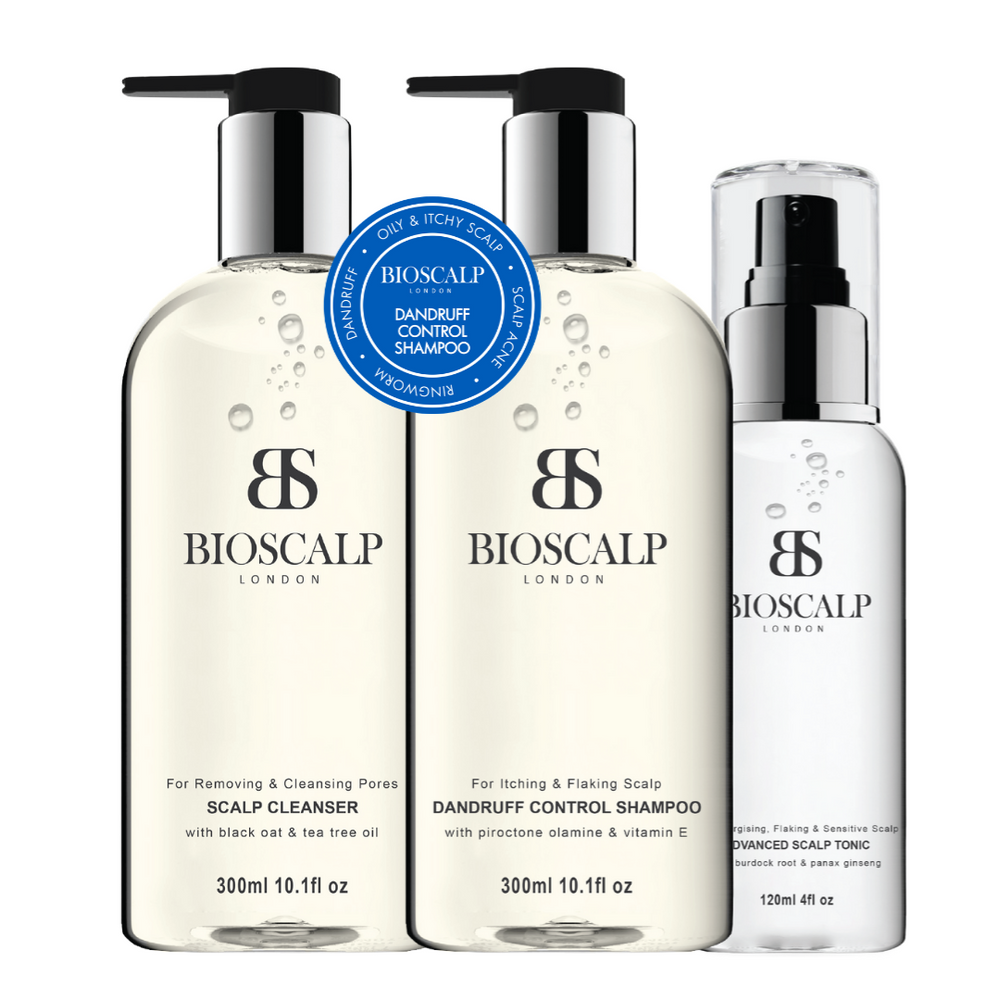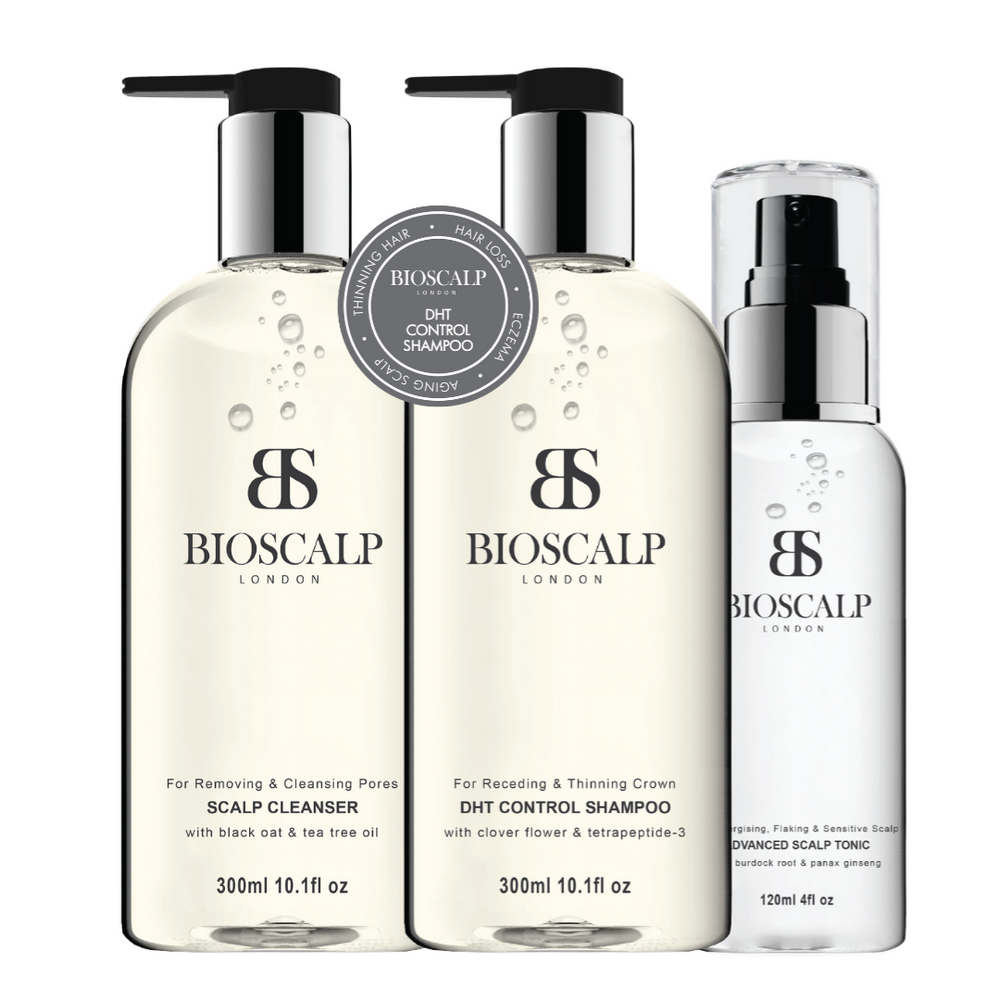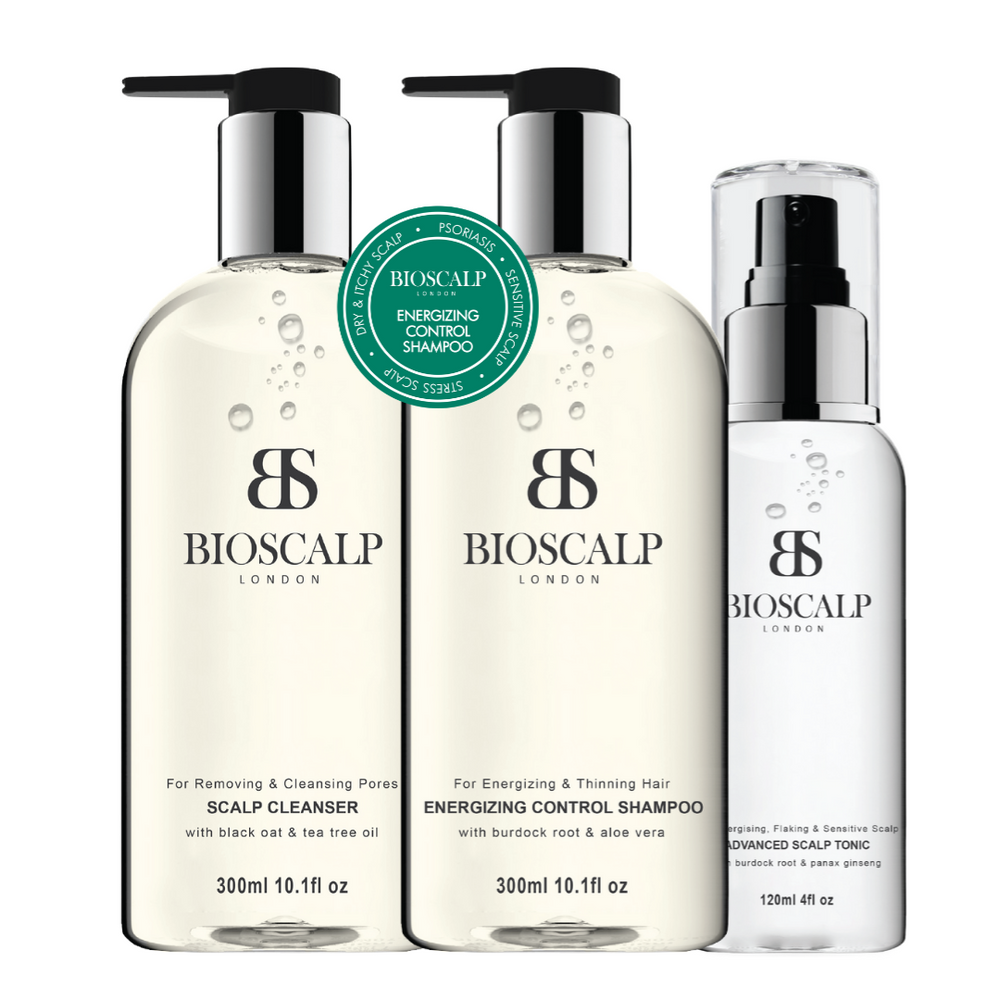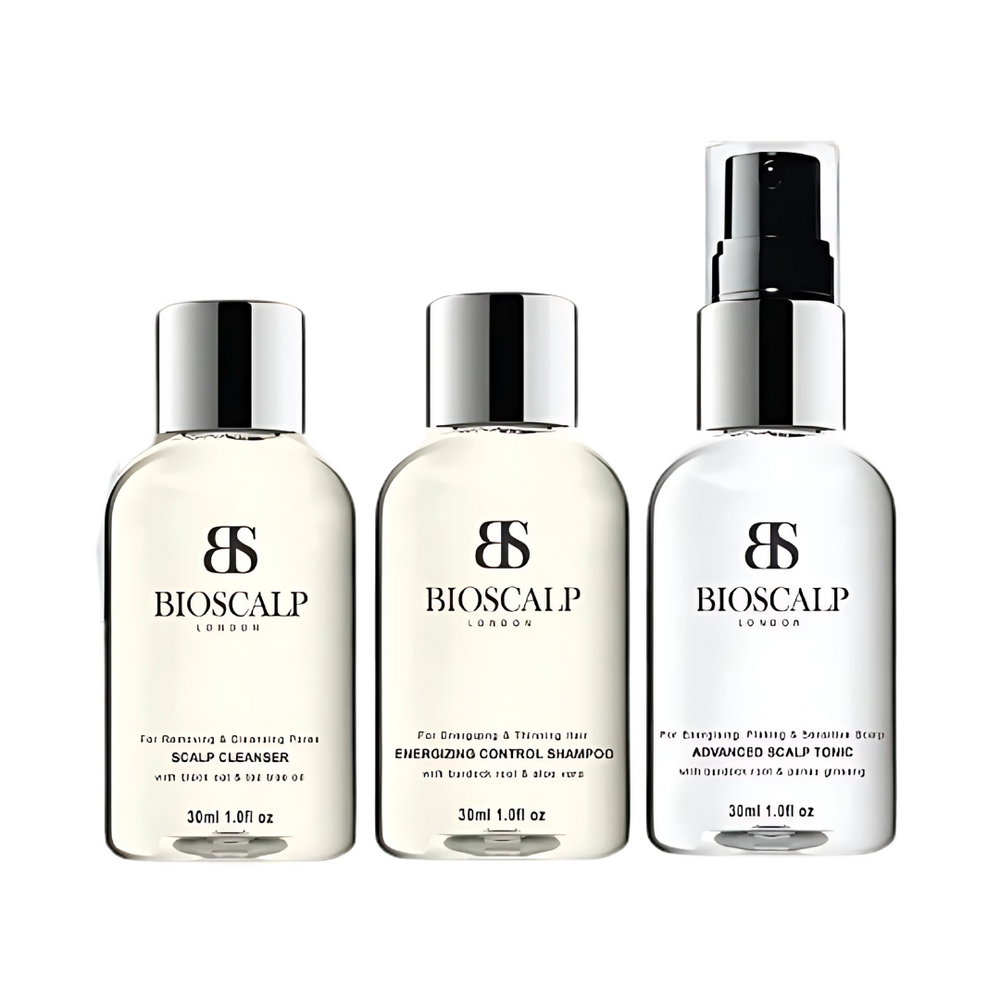When it comes to hair growth, the internet is flooded with tips, tricks, and remedies promising thicker, healthier locks. But what actually works? Whether you're dealing with thinning strands, slow growth, or just want to boost your hair's natural vitality, understanding the science behind hair growth and embracing proven strategies can make all the difference. From nourishing your hair with the right nutrients to exploring topical treatments and lifestyle tweaks, there’s a wealth of options to help you achieve your hair goals.
In this blog, we’ll delve into the most effective ways to support hair growth, offering a balanced mix of natural remedies, professional advice, and actionable steps that are both practical and backed by insights from experts and research.

Nourishing Your Hair From Within: The Role of Nutrition
Hair health starts from within, and a nutrient-rich diet is the cornerstone of luscious locks.
- Protein Power: Since hair is primarily made of keratin, a protein, ensuring you get enough protein in your diet is vital. Foods like eggs, lean meats, fish, beans, and nuts deliver the building blocks your hair needs to thrive. Aim for at least 50 grams of protein daily for optimal hair strength and growth.
- Vitamins and Minerals: Nutrients like biotin, iron, zinc, and vitamins A, C, D, and E are essential for promoting hair health. Iron aids in oxygen transport to hair follicles, while biotin strengthens strands. Adding leafy greens, citrus fruits, and fatty fish to your diet can work wonders.
-
Hair-Specific Supplements: For those who struggle to meet their nutritional needs through food alone, supplements tailored for hair health can be a game-changer. Biotin, omega-3 fatty acids, and multivitamins designed for hair, skin, and nails are popular choices.
Powering Growth with Topical Treatments
Topical solutions target hair follicles directly, delivering active ingredients to stimulate growth.
- Minoxidil: This FDA-approved treatment remains a gold standard for addressing hair thinning. Available over the counter, minoxidil works by improving blood flow to the scalp, prolonging the growth phase of the hair cycle. Consistency is key, as results typically appear after several months of regular use.
-
Caffeine-Infused Products: Caffeine doesn’t just perk you up in the morning; it’s also gaining recognition for its ability to stimulate hair follicles. Shampoos and serums containing caffeine can improve scalp circulation and potentially slow hair loss.

Unlocking the Benefits of Essential Oils
Essential oils aren’t just for aromatherapy—they’re becoming staples in hair care routines.
- Rosemary Oil: Often compared to minoxidil, rosemary oil is renowned for stimulating blood flow to the scalp, enhancing hair follicle activity. A few drops mixed with a carrier oil and massaged into the scalp can deliver noticeable results over time.
-
Peppermint and Cedarwood Oils: These oils are known for their refreshing properties and ability to invigorate the scalp. Regular use may help improve nutrient delivery to hair roots.
Scalp Care: The Foundation of Healthy Hair
A healthy scalp is the bedrock of hair growth, and caring for it properly can make all the difference.
- Scalp Massages: This simple yet effective technique improves circulation and supports hair follicle health. Whether you use your fingertips or a specialized scalp massager, just a few minutes a day can yield results.
-
Avoid Heat Damage: Excessive heat from styling tools can weaken hair and lead to breakage. Limit the use of straighteners and curling irons, and always use a heat protectant when styling.
Adopting Smart Hair Care Practices
The way you care for your hair daily has a significant impact on its growth and health.
- Strengthening Treatments: Incorporating hair masks and deep conditioners into your routine can fortify your strands against damage. Look for products containing keratin, argan oil, or shea butter for added nourishment.
-
Cool Water Rinse: Switching from hot water to cool water when washing your hair helps seal the cuticle, reducing moisture loss and promoting smoother, shinier locks.
Lifestyle Changes for Long-Term Hair Growth
Healthy hair reflects a healthy lifestyle. Adopting these habits can make a noticeable difference.
- Manage Stress: Stress can trigger hair loss, so practices like yoga, meditation, and regular exercise can help maintain hormonal balance and reduce shedding.
-
Protect Your Hair: Environmental factors like UV rays and pollution can damage hair. Wearing hats in harsh weather or applying protective sprays can safeguard your strands.
Exploring Professional Treatments
For those seeking advanced options, professional therapies can enhance hair growth efforts.
Platelet-Rich Plasma (PRP) Therapy: This treatment uses your blood’s platelets to stimulate hair follicles. It’s a cutting-edge solution for those experiencing significant hair thinning.
Consulting a Specialist: Dermatologists and trichologists can provide personalized advice and treatments tailored to your specific needs, ensuring the best results.
Conclusion: The Journey to Healthier Hair Starts Today
When it comes to promoting hair growth, the answer lies in a holistic approach. By combining proper nutrition, proven topical treatments, essential oils, scalp care practices, and healthy lifestyle changes, you can create an environment where your hair can thrive. Whether you’re looking for quick fixes or long-term solutions, these strategies empower you to take charge of your hair health and achieve the lush, vibrant locks you’ve always wanted.









